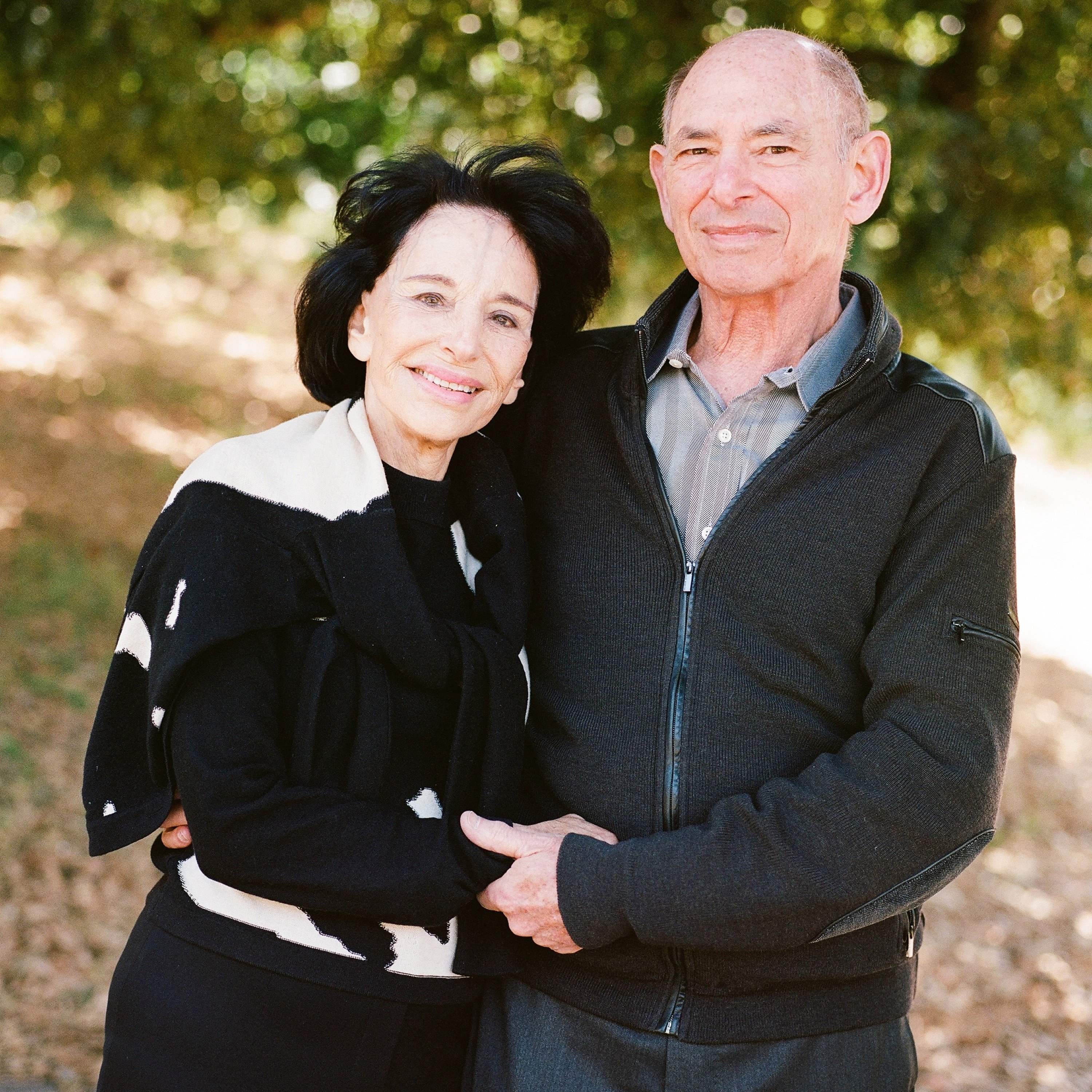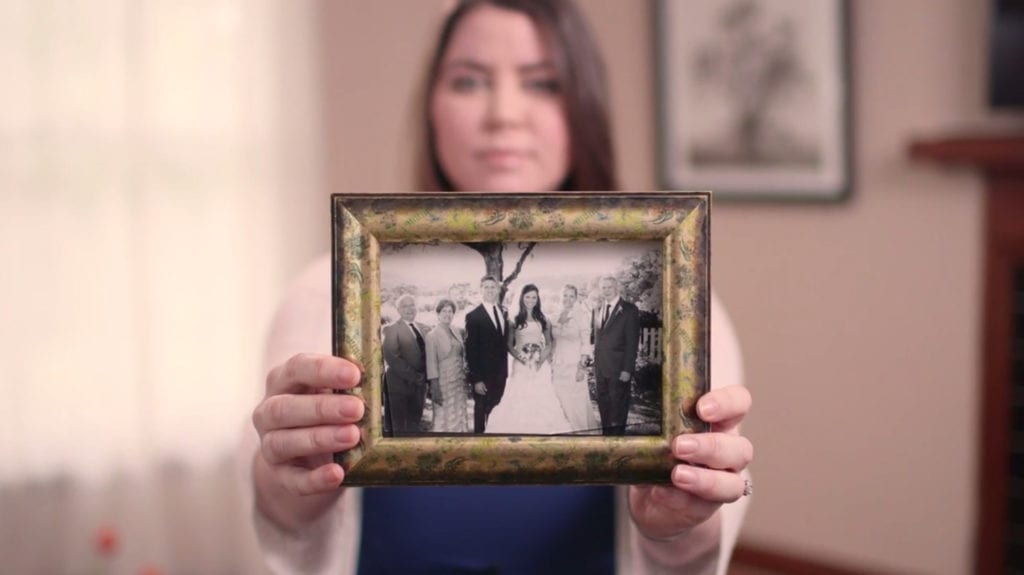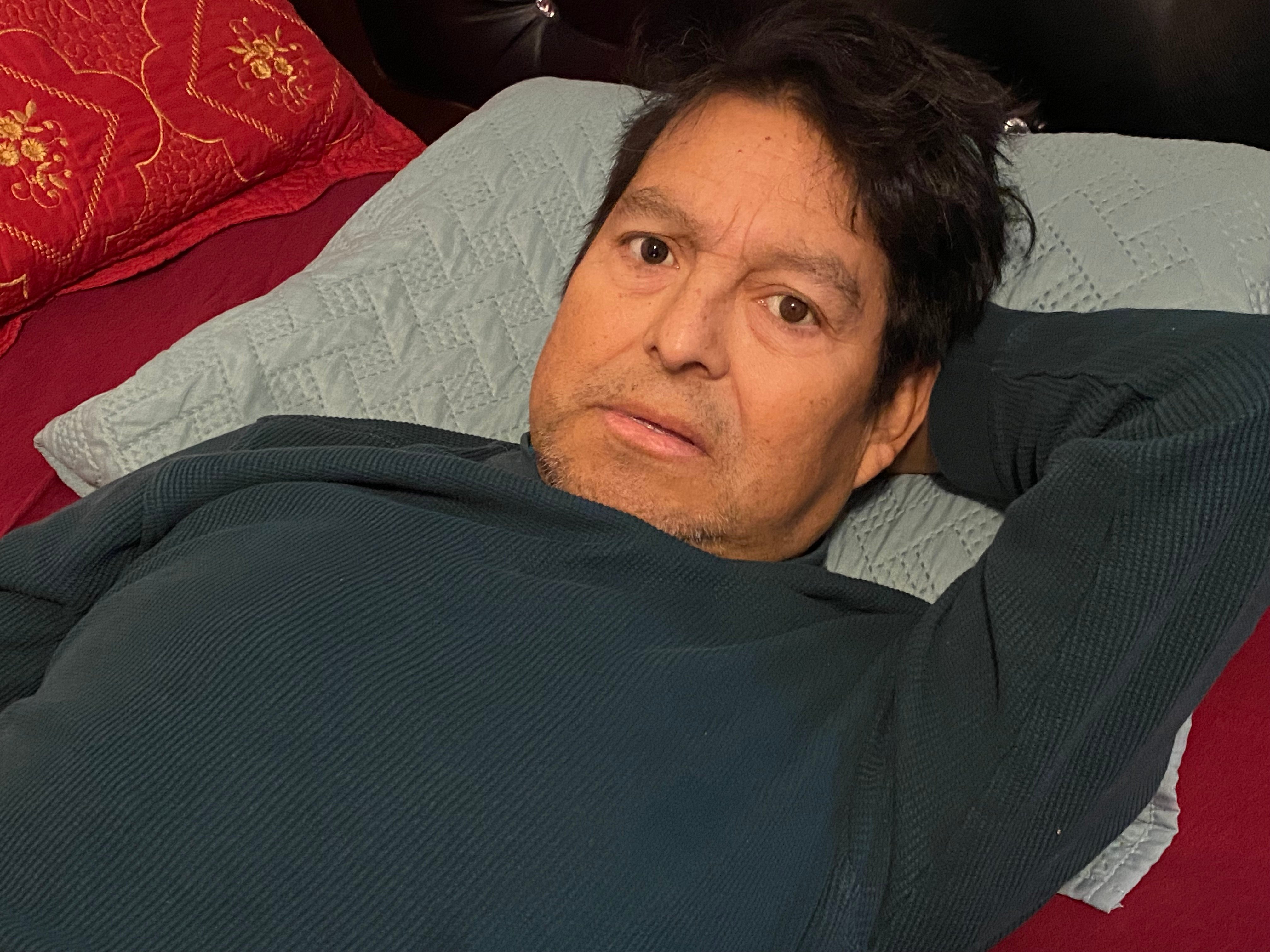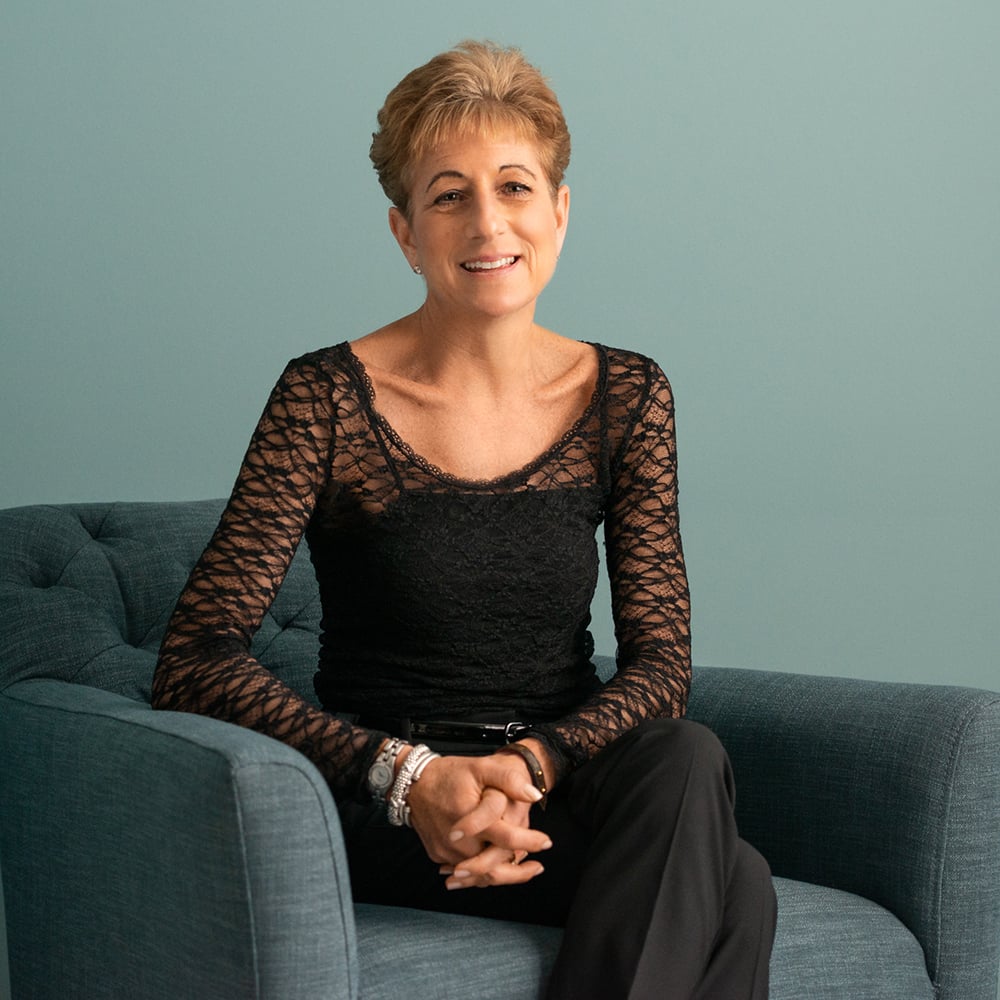Peter Rosenthal shared his story in November of 2023.
Paradoxically, the option of medical aid in dying extended my wife’s life. As one treatment after another stopped working, there were a couple of experimental treatments that Beth was eligible for, and she agreed to try one of them with the understanding that if it didn’t go well, she could choose medical aid in dying.
Beth was initially diagnosed with a rare form of uterine cancer in 2015, but it was early stage, and she had successful surgery and chemotherapy. We and her doctor thought that she might be done with it, but at the end of three years the cancer returned in a more aggressive and disseminated form. She got second opinions from two or three other medical institutions, which her physicians were supportive of, but all confirmed the diagnosis she had received at Stanford. This time her treatment required more frequent chemotherapy, bloodwork, scans, and overall hospital visits.
In terms of her well-being, Beth felt pretty good for the first 18 months after her recurrence and she continued her psychotherapy practice until her last weeks. Beth was deeply dedicated to her patients and her responsibility to them enhanced her will to live. The following year, as Beth became significantly more fatigued and experienced more side effects — mostly from treatment, she reduced her patient load to 50%. This was during COVID, so she was already seeing patients virtually, which made it possible to continue practicing remotely while taking care of her own health.
Beth had said that the three most important decisions of her life were to marry me, raise our two children and practice psychotherapy. Beth and I met as sophomores in high school and married just months after graduating college. We were very young when we married, and one of the things that kept our marriage strong for nearly 60 years was that we grew together, not apart, as we and our relationship developed. She took all of her relationships — from family to patients to friends — very seriously, and she was committed to the people in her life. Beth was a loving and engaged mother and grandmother, and she was unafraid to ask difficult questions in any setting — a skill that made her an effective psychologist and kept her personal relationships candid.
Throughout our marriage, as we witnessed our parents age and lose some of their strength and vitality, we discussed our own values: We both felt strongly that we only wanted to live as long as we could enjoy life and could be engaged with our loved ones. We had always favored quality of life over longevity, so when medical aid in dying was approved in California, long before Beth was seriously ill, we decided to vet our physicians for their support of the option. One of the questions we asked doctors, not just Beth’s oncologist, was if they supported the option of medical aid in dying. We ended up rejecting a couple of doctors that we actually liked because of their responses. Thankfully we did this early due diligence because years later when Beth was given a prognosis of six months or less to live, her oncologist was ready to facilitate her wishes.
The oncologist we chose was a very strong advocate for end-of-life options and patient autonomy. Along with being a gynecological oncologist, he had also been trained in palliative care, and when he told Beth she had six months or less to live, he found the second doctor to confirm her prognosis (as required by the law). Beth’s oncologist put up no barriers in the process, and it helped us focus on what mattered — the time Beth had left.
In early 2021, Beth and I shared with our family the news of her terminal prognosis and her desire to request an aid-in-dying prescription. Our two adult children, their spouses and our then teenage grandchildren all understood and respected her wish. There was no pushback, only support.
When she got the prescription, Beth voiced relief that she could take it when she wanted to. Then she sort of put it to the side. There were a few times when she was feeling pretty crummy and said, “I think I want to take it,” but she would wait a day or two, and then her discomfort eased and she kept going. Having the medication available to her alleviated Beth’s anxiety about the pain and suffering she might have been forced to endure without it.
In conversations with our children, we started to talk about the kind of memorial service we would have for Beth once she died, and our son said, “Why don’t we have something while you’re alive?” He offered his house, which had a large outdoor space to accommodate people, and he and his wife arranged the whole event. In May of 2021 we gathered with extended family, a few longtime family friends and some of Beth’s closest colleagues. Beth was initially very unsure whether she wanted to do this; she didn’t like to call attention to herself and was afraid that it would put pressure on people to say nice things that weren’t genuine, but that wasn’t what happened at all. The event was very powerful and meaningful to Beth and all those in attendance.
Six months after the celebration of life, Beth shared that she felt embarrassed and worried that people may have thought she had made up the whole thing. She had outlived her prognosis. The experimental treatment she had tried, only because she could avail herself of medical aid in dying if her suffering became unbearable, ended up giving her another couple of months.
But starting in early 2022, Beth had multiple times where she had to go to the ER for various things, and about six months before she died she had a serious bloodstream infection. She ended up in the hospital, and there was a question of whether or not she would survive. After she was released, we got hospice involved, and Beth reordered her aid-in-dying prescription.
Traditionally Beth hosted a family gathering every early June because there are a huge number of relatives with birthdays and anniversaries in May and June. Beth wasn’t able to put on the big party when June came around, so our children arranged the same gathering Beth had always put together. At that time, Beth could no longer get out of bed, so people visited with her at different times throughout the party. Everyone got time with her.
Beyond being bedridden, Beth was suffering from severe neuropathy, which made it impossible for her to type or use her iPad. We hired someone through a caregiving agency to help Beth as she spent her last weeks dictating notes to our children and grandchildren for events in the next year that she would miss — graduations and birthdays. She also wrote notes to a lot of her colleagues, and she spent time on the phone helping establish her patients with other therapists. It was incredible to me that she kept so busy while it was so physically hard for her.
She had felt very poorly consistently for over a month or two, and Beth said, “I’m not going to go on like this,” and she set a date. On July 8, 2022, Beth’s hospice doctor and nurse (who was also a death doula) joined our family at our home. The nurse walked everybody through what was going to happen once Beth took the medication and what it was going to be like for Beth. She explained everything very gently, clearly and compassionately; I think that really helped everyone. After Beth drank the medication, she fell asleep about two minutes later and died 30 minutes after that. Her death was very tranquil.
Over a year later, I continue to feel very fortunate in lots of ways. It was so important to us that we had this option, that Beth would not be forced to endure unnecessary extended suffering. She was ready, and our family continues to feel positive about the experience. I have asked my grandchildren how they felt about being there when Beth died. They all said they were glad they could be there and that it helped them feel less fearful and anxious about dying.






